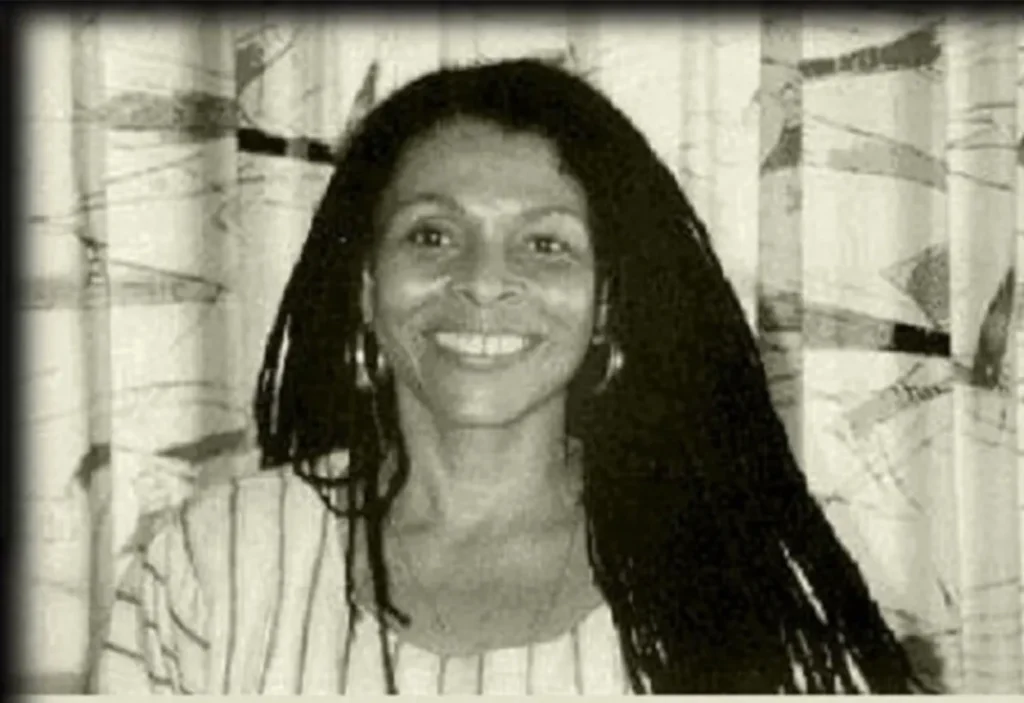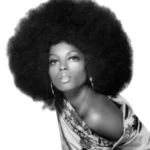Now Reading: Assata Shakur Passes Away at 78 in Cuba
-
01
Assata Shakur Passes Away at 78 in Cuba
Assata Shakur Passes Away at 78 in Cuba


Assata Shakur, one of the most polarizing and influential figures of the Black liberation era, has died at the age of 78 in Havana, Cuba. Cuban officials confirmed her passing on September 25, 2025, citing health complications related to her advanced age. Her daughter, Kakuya Shakur, shared an emotional statement:
“At approximately 1:15 PM on September 25th, my mother, Assata Shakur, took her last earthly breath. Words cannot describe the depth of loss that I’m feeling at this time.”
From Activism to Exile
Born in Queens in 1947 as JoAnne Deborah Byron, later Joanne Chesimard, Shakur rose to prominence in the late 1960s and ’70s through her work with the Black Panther Party and later the Black Liberation Army. She became a symbol of radical resistance during a time of deep racial and political turmoil in the United States.
Her life changed dramatically in 1973, after a deadly shootout on the New Jersey Turnpike left State Trooper Werner Foerster and activist Zayd Malik Shakur dead. Assata was critically wounded and later convicted of Foerster’s murder. She always maintained her innocence, claiming she was shot while her hands were raised.
In 1979, she escaped prison with the help of allies and resurfaced in Cuba five years later, where she was granted political asylum. She lived the rest of her life there, remaining one of the FBI’s most wanted fugitives.
A Legacy of Debate
Assata Shakur’s story has long sparked divided reactions:
- To her supporters, she was a revolutionary, unjustly targeted for her activism and a symbol of resistance against racial oppression and state violence. Her autobiography, Assata, continues to inspire generations of activists.
- To her critics, she was a convicted murderer who escaped justice and never faced full accountability for her role in violent conflicts of the era.
Even in exile, her name carried weight in discussions on policing, race, government surveillance, and the role of radical movements in shaping American history.
Remembering Assata Shakur
Her death is not the end of her influence. For many, Assata will remain a cultural and political touchstone, her story taught in classrooms, cited in activism, and referenced in music and art. For others, her legacy is a reminder of the deep wounds left by the violent clashes of the 1970s.
What cannot be denied is that Assata Shakur lived a life that challenged authority, inspired devotion, and forced the world to confront uncomfortable truths about justice, race, and power. Her passing closes a chapter — but the debates around her life and legacy are sure to continue.



























